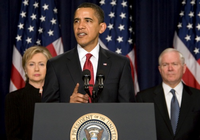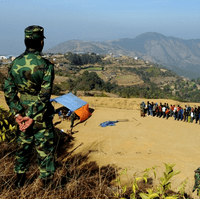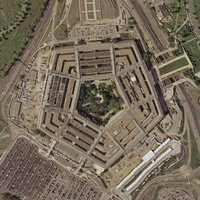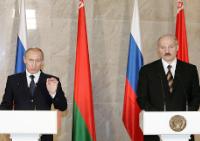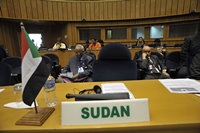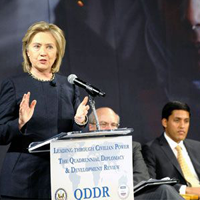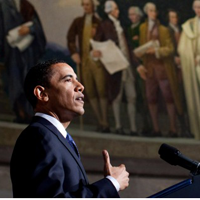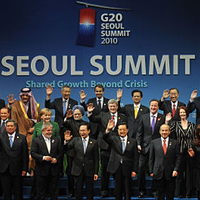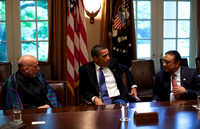
At the heart of the U.S. war in Afghanistan lies a striking and unresolved contradiction. While the U.S. has sent approximately 100,000 troops to this impoverished, landlocked country to combat a fearsome local insurgency, the actual focal point of U.S. policy in the region largely revolves around protecting and stabilizing a country just across Afghanistan’s eastern border: Pakistan. It’s an ironic but not altogether surprising strategy. After all, Pakistan remains home to Osama bin Laden, his key lieutenants and other terrorist organizations intent on striking American targets. The country maintains a significant nuclear capability, and its ongoing conflict with India […]

